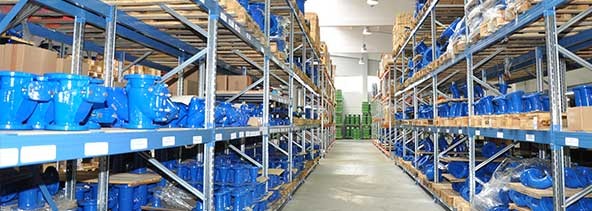Trading the Odds with Arbitrage
Post on: 16 Март, 2015 No Comment

Trading the Odds with Arbitrage 5.00 / 5 (100.00%) 1 vote
Many investors in search of opportunities will eventually consider trading the odds with arbitrage. In its most basic form, arbitrage means purchasing securities in one market and immediately selling in another. The trader profits from the price discrepancies that prompted the investor to make the trade. The idea is to identify the discrepancies for the sole purpose of buying and then reselling for profit. This type of pure arbitrage. however, is actually very rare.
Pure Arbitrage
For the sake of price and market stability, the financial markets are designed to discourage arbitrage, but some very minor discrepancies can occur periodically. The discrepancies are often called mispricings in the financial industry. When investors speak of risk-free arbitrage, this is generally the type they mean. In these cases, savvy traders spot the mispricings and move quickly to take advantage of them before they are corrected. Corrections might occur when exchange rates, for instance, have yet to be applied. Since this type is rare, most references to arbitrage are likely to mean another type and will carry a measure of risk. Investors are advised to proceed with caution accordingly.
Risk Arbitrage
This type of arbitrage is sometimes called speculative arbitrage. Although it is not a pure arbitrage, it is generally what media hosts and financial bloggers mean when they speak about trading the odds with arbitrage. One of the most common forms is takeover and merger arbitrage. In this form, a typical scenario might occur when speculation of a takeover involves a bid of higher value than the current shares. This creates opportunities for traders to take advantage of price differences in early bids for shares. If the merger or takeover falls through, however, then this typically results in a loss rather than the anticipated profit.

Liquidation arbitrage is the infamous variety used by fictional film character Gordon Gekko. In this type of trading, investors look for shares that are trading lower than the liquidation value. If the company is liquidated, there is an opportunity for profit via arbitrage.
Options, sometimes called relative value arbitrage, present additional opportunities for investors when they are discovered. In this case, a trader might have a call option for a stock that totals less per share than the current price, allowing a purchase of the stock at the lower price and a quick resale at the full price. That transaction results in a profit for the investor. The trading is usually more complex than that, but the basic principle is the same.
Seeking Opportunities
Individual investors, also called retail investors, will not have the same investment opportunities that financial institutions have at their disposal. Costs for the transactions are also sometimes unrealistic for small investors. This means that some of the more complex opportunities are out of reach for individuals. Many investors nonetheless seek possibilities, and creative traders can sometimes find them. The important thing is for investors to fully assess the risks when trading the odds with arbitrage.














